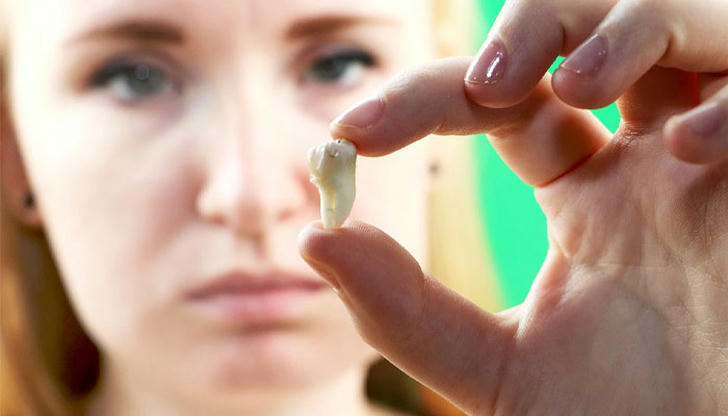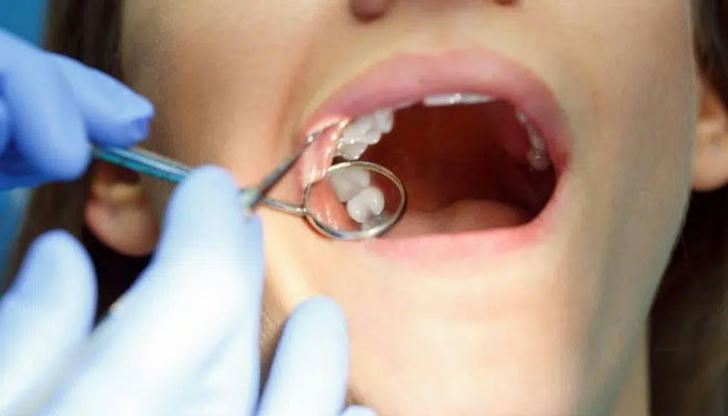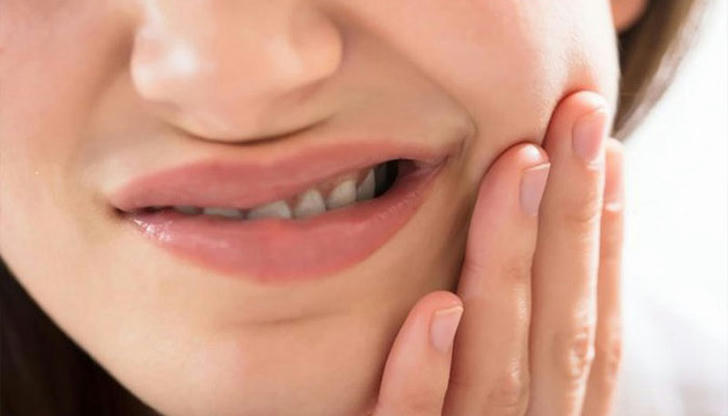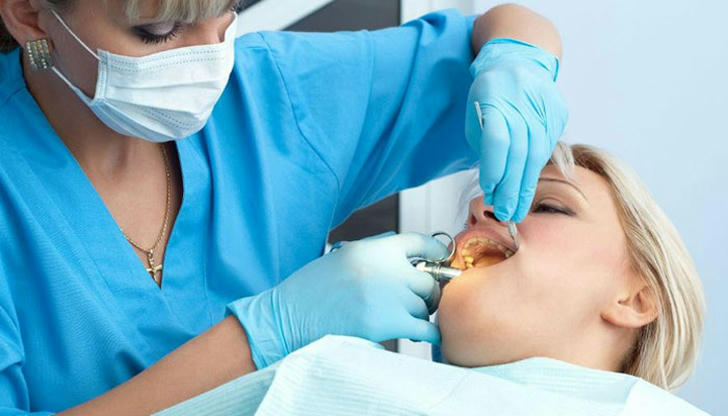Should Wisdom Teeth Be Extracted?

Wisdom teeth, also called third molars, are the last teeth to emerge in the jaw. They typically erupt between 17 and 25, but some people experience eruptions as late as their 40s or 50s. This is likely the origin of the name “wisdom teeth”, suggesting that they appear during the phase of life called the “age of wisdom”.
Changes in diet may explain the decline in wisdom teeth eruption. Early humans needed these teeth to chew tough, fibrous foods. However, as our diet has softened and become more refined, the need for such powerful grinding teeth has lessened. Consequently, many wisdom teeth become impacted or fail to develop completely within the jaw. These impacted teeth can become infected and pose a threat to surrounding structures and nearby teeth.
Are Wisdom Teeth Must Be Extracted?

It depends.
Situations that wisdom teeth can be retained:
• The wisdom teeth grow in a relatively correct position and can erupt normally without food impaction.
• There is no history of inflammation or pain in the soft tissue around the crown of the wisdom teeth, and there is no caries on the wisdom teeth.
• The upper and lower wisdom teeth can bite regularly.
In addition, if you suffer from high blood pressure, heart disease, blood disease, diabetes, liver disease, hyperthyroidism, malignant tumors, etc., especially the elderly who are sick, it will be difficult to extract teeth, which may easily cause further aggravation of these diseases, removal is generally not recommended.
Situations where wisdom teeth should be extracted:
• Painful and inflamed wisdom teeth: Wisdom tooth pain is usually caused by inflammation around the crown of the tooth. As it worsens, swelling occurs near the jaw angle, limiting mouth opening.
• Impacted wisdom teeth: These WT cannot erupt normally and won’t establish a proper bite with opposing teeth. Over time, they can cause temporomandibular joint snapping problems, mouth opening pain, night grinding, etc.
• Wisdom teeth that infringe on adjacent teeth: Patients might not be aware, but dentists can identify this through X-rays. Insufficient space can cause wisdom teeth to crowd second molars, making them difficult to clean or even cause partial resorption, leading to discomfort or pain.
Reminder: Consulting a dentist is crucial to determine WT extraction needs. X-rays will provide a clear picture of WT growth and aid in the decision.
Diseases That a Wisdom Tooth May Cause

• Dental caries. The most common WT decay is due to impaction or displacement, making cleaning difficult and causing food impaction.
• Wisdom tooth pericoronitis. Caused by abnormal wisdom tooth position preventing a full eruption. Gum tissue covers the tooth surface, creating a space between teeth and gums that traps food and becomes a breeding ground for bacteria. It would be more likely to occur when gum tissue is traumatized or the body’s resistance is low.
• Oral mucosal lesions. Abnormal wisdom teeth position can rub or bite the cheek mucosa, causing white spots, ulcers, and erosion. If untreated, this can lead to mucosal degeneration, inflammation, and potentially even cancer.
• Disease and uneven teeth. The driving force for the eruption of wisdom teeth is often one of the main causes of dental crowding.
• Temporomandibular joint disorder. Abnormal wisdom teeth position can disrupt the bite relationship, affecting jaw joint movement.
Attention When Extracting Wisdom Teeth

Before:
• If you need to attend important meetings, lectures, or perform strenuous exercise after surgery, it is recommended to elective tooth extraction;
• Women should avoid menstrual period;
• Do not extract teeth on an empty stomach;
• Fasting, staying up late, fatigue, etc. should be avoided before surgery;
• Complete preoperative examinations, such as panoramic oral X-rays and CT to assess surgical risks;
• If you have systemic diseases such as high blood pressure, diabetes, heart disease, history of drug allergies, or other special circumstances, you should inform your doctor in advance.
After:
• Bite the cotton roll tightly for 40 minutes to stop bleeding.
• You can eat warm and easy-to-chew food 2 hours after surgery.
• You cannot brush your teeth or rinse your mouth within 24 hours after surgery.
• Apply ice on your face on the day of surgery.
• There will be swelling, pain, and discomfort 2-3 days after the surgery. Take anti-inflammatory analgesics orally.
• If there are sutures, they should be removed 5-7 days after surgery.
Common Complications of Wisdom Tooth Extraction

• Postoperative swelling
Postoperative swelling begins in 12-24 hours and gradually subsides within 3-5 days. After surgery, a local cold compress can be used to reduce exudation and prevent swelling.
• Reactive pain
It usually appears on the day after surgery, has no rancid smell, and the pain is not severe. Generally, the routine use of pain medication after surgery can prevent or reduce pain, which will disappear within 3-5 days.
• Bleeding
A little blood oozing in the mouth 24 hours after tooth extraction is a normal reaction. If you vomit blood or have a large blood clot in the mouth, you need to see a doctor in time for an examination. Generally, no special treatment is required. Physical therapy can promote its absorption.
• Dry socket
The general symptoms are severe pain 2-3 days after tooth extraction; pain radiating to the ear, temporal area, or top of the head; tooth extraction socket is empty and smelly; general analgesics cannot relieve it. The key to preventing dry sockets is to reduce trauma during surgery, protect blood clots, pay attention to oral hygiene, and rest after surgery.
